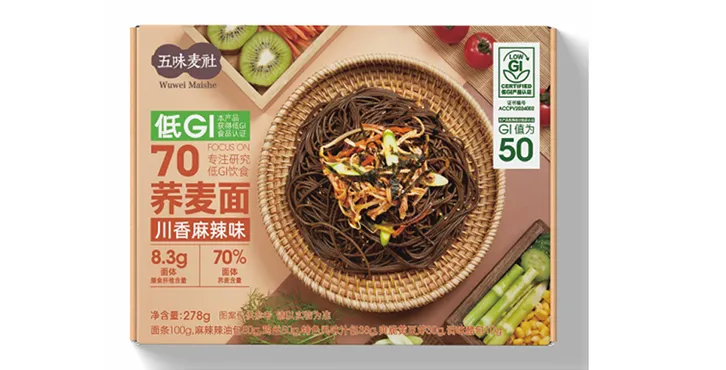konjac noodles what are they made of
Understanding Konjac Noodles What Are They Made Of?
Konjac noodles, often referred to as shirataki noodles, have gained popularity in recent years, especially among those seeking low-calorie, low-carbohydrate alternatives to traditional pasta. But what exactly are these noodles made of, and what makes them a unique addition to modern diets?
Origins and Composition
Konjac noodles originate from the konjac plant, also known as Amorphophallus konjac. This plant is native to Asia, particularly in countries like Japan, China, and Indonesia. The key component of konjac noodles is glucomannan, a water-soluble dietary fiber derived from the root of the konjac plant. Glucomannan is renowned for its ability to absorb water and form a gel-like substance, which is what gives konjac noodles their distinctive texture.
The process of making konjac noodles begins with harvesting the konjac root. Once harvested, the root is cleaned, dried, and ground into a fine powder. This powder is then mixed with water and calcium hydroxide, which helps in the gelification process. The resulting mixture is shaped into noodles and then cooked briefly before being packaged. It’s important to note that konjac noodles are typically sold in water or a light brine to preserve their freshness.
Nutritional Benefits
One of the main reasons konjac noodles have become popular, especially among health-conscious individuals, is their impressive nutritional profile. The primary benefits include
1. Low in Calories Konjac noodles are almost calorie-free, making them an excellent option for those looking to reduce their caloric intake while still enjoying a satisfying meal.
2. Rich in Fiber With a high concentration of glucomannan, these noodles can help promote digestive health, enhance feelings of fullness, and regulate blood sugar levels.
konjac noodles what are they made of

4. Low in Carbohydrates Since they are virtually free of carbohydrates, konjac noodles are a favorite among individuals following ketogenic or low-carb diets.
Culinary Uses
Konjac noodles are incredibly versatile and can be used in various dishes. Given their neutral flavor and ability to absorb the taste of accompanying ingredients, they can be incorporated into soups, stir-fries, salads, or served with sauces just like traditional pasta.
To prepare konjac noodles, it’s ideal to rinse them thoroughly under warm water to remove the slightly fishy odor they may have from the packaging. After rinsing, they can be heated in a dry pan or added to dishes just before serving. Their unique texture, which is chewy and slightly gelatinous, often requires some getting used to for those transitioning from conventional noodles.
Things to Consider
While konjac noodles can be a great addition to a balanced diet, they should be consumed in moderation. Due to their high fiber content, they can cause digestive discomfort if eaten in excessive amounts, particularly for individuals who are not accustomed to a high-fiber diet. It's also worth noting that the success of any meal often depends on the ingredients and sauces used, so pairing konjac noodles with flavorful dishes can enhance their appeal.
Conclusion
In summary, konjac noodles are a remarkable food product made from the konjac plant's glucomannan fiber. They offer a plethora of health benefits, especially for those looking to minimize calorie and carbohydrate intake. With their growing popularity, these noodles present an exciting opportunity for culinary exploration while adhering to various dietary needs. Whether you’re on a weight loss journey or simply seeking nutritious meal options, konjac noodles make for an intriguing and adaptable ingredient to incorporate into your diet.
-
Unleash Your Inner Chef with Delectable Italian Pasta CreationsNewsAug.01,2025
-
Savor Health and Flavor: Irresistible Soba Noodles for Sale Await!NewsAug.01,2025
-
Nourish Your Body with Premium Organic Ramen - A Culinary Delight AwaitsNewsAug.01,2025
-
Elevate Your Dishes with Our Exquisite Kinds of Egg NoodlesNewsAug.01,2025
-
Dive into Flavorful Convenience with Our Ramen OfferingsNewsAug.01,2025
-
Discover Exquisite Types of Naengmyeon and Chilled Soba NoodlesNewsAug.01,2025
-
Is Whole Wheat Pasta Healthy?NewsMay.30,2025
Browse qua the following product new the we

















































































































